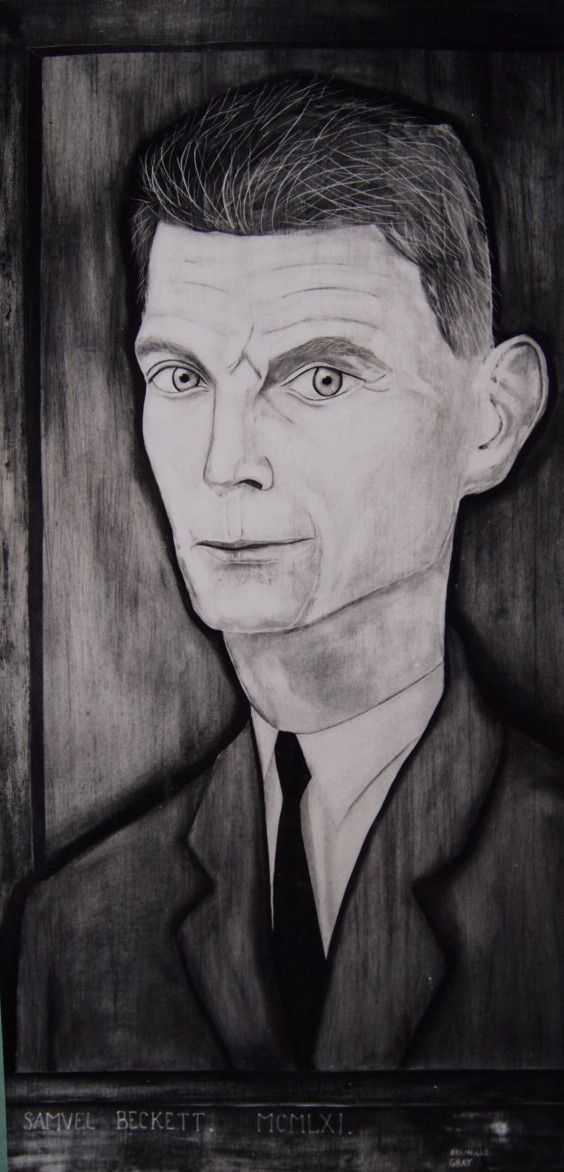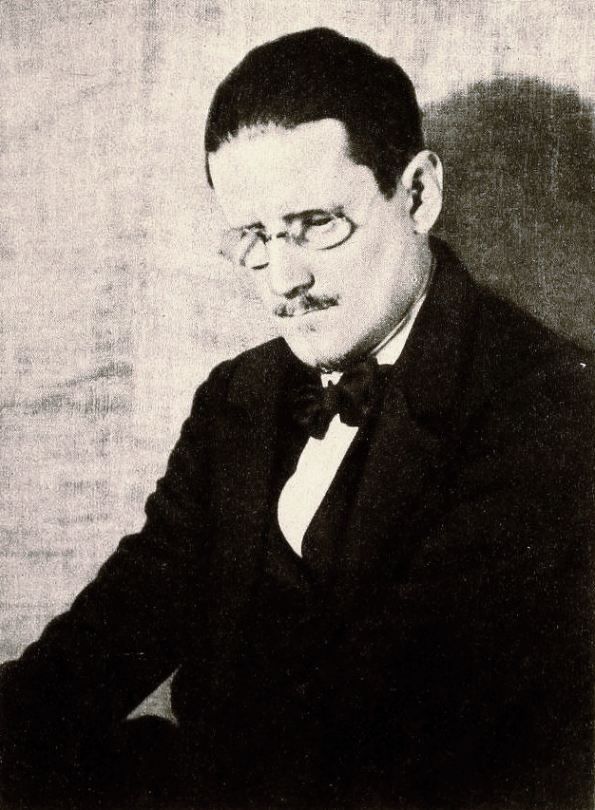Except for Dublin, no city has played a greater role in the development of Irish literature than the French capital Paris. It’s hard to believe how many great Irish writers spent major parts of their lives in Paris. The city’s special ambiance and intellectual freedom have captivated many of Ireland’s greatest writers, allowing them to find their voices, realize their literary talents and publish their works. Many of the greatest works of Irish literature were written in the city. So let’s take a closer look at Paris’ role in midwifing some of the greatest Irish works of literature.
Oscar Wilde loved Paris and returned to the city throughout his life. He first visited the city as a young man and later returned for his honeymoon. Wilde returned again and again, captivated by the salons and soirees and where he met prominent artists and writers like Edgar Degas, Emile Zola and Victor Hugo, which broadened his intellectual horizons. He referred to Paris as the "literary capital of the world.” After being released from prison in 1897 following his conviction for “gross indecency,” Wilde sought refuge in Paris and found a degree of freedom to live openly as a homosexual, something he couldn't do in England. He died in the city in 1900 at the rundown Hôtel Alsace. Before dying he famously quipped, "My wallpaper and I are fighting a duel to the death. One or the other of us must go." Today his tomb is one of the most visited in Père Lachaise Cemetery in Paris.
Paris massively influenced novelist James Joyce, who first lived there from 1902 to 1903 as a medical student, before dropping out and then moving to home Dublin when he heard his mother was seriously ill. Joyce returned in July 1920 with his partner, Nora Barnacle (they eventually married in London in 1931), and their children, Giorgio and Lucia, after several years in Trieste Ironically, Joyce initially intended to stay in the city for a brief interlude, but he ended up spending almost two decades in the French capital. Joyce actually spent more of his life in Paris than in Dublin, enjoying the city for its serenity, elegance and great ambiance. Joyce loved the intellectual life of the city and socialized with many of the great intellectuals and artists who lived there.
By the time Joyce arrived in Paris, he was approaching middle age and near-blindness. He had at least 10 eye operations there, and at times could barely see to write. Correcting proofs was torture for Joyce. He had to lay his head sideways on the page to catching the only odd angle from which he could see his texts. Nevertheless, he finished “Ulysses” and “Finnegans Wake” in this painstaking way. Paris was thankfully free from the censorship that prevented Ulysses from being published in English speaking lands. In 1922, coinciding with his fortieth birthday, Parisian bookstore owner Sylvia Beach published “Ulysses” under her imprint, Shakespeare and Company, and its publication revolutionized literature. One of Joyce’s social circle was another Irish literary lion, Samuel Beckett. At age twenty-two Beckett won a scholarship at Trinity College allowing him to attend the prestigious Ecole Normale Supérieure in 1928. He soon fell under Paris’ sway and stayed there until 1930, before returning to take up a position as a lecturer at Trinity. That didn’t last long and he traveled around Europe for a few years before deciding in 1937 to make Paris rather Dublin his permanent place of residence. There, Beckett decided to write in French, not English because he thought it forced him to write more concisely and to focus more on his work’s fundamental message.

Portrait of Samuel Beckett by Reginald Gray, painted in Paris, 1961
(from the collection of Ken White, Dublin).
Beckett was a frequent visitor to Joyce’s apartment until he was banished by Joyce for upsetting his schizophrenic daughter, Lucia. In January 1938, Beckett almost died when he was stabbed by a Parisian pimp, but it was around this time he met his future wife Suzanne Déchevaux-Dumesnil. When The Germans took the city, he refused to return to Ireland, stating that he “preferred France in war to Ireland in peace.” Beckett fought in the French Resistance during the Occupation and after narrowly escaping a police round-up, he fled to southern France in 1942 but returned for good when the allies took the city. With money from his mother’s will, he bought a remote place for himself in the village of Mollien, east of Paris where he wrote the play “Waiting for Godot,” the prose trilogy “Molloy,” “Malone Dies,” and “The Unnamable,” as well as the play “Endgame.” The Allée Samuel Beckett was opened in 1999, 10 years after his death. near his home in Mollien.
Brendan Behan first came to Paris in 1948, shortly after being released from prison in Ireland. Paris and the district of Saint-Germain-des-Prés, a kind of village within the city, played important roles in Behan’s development as a writer. Though he lived on the edge of poverty in the French capital, for the first time in his life Behan began to work at the craft of writing and developed intellectual discipline, making the transition from pub raconteur to serious writer. He began writing his autobiographical novel “Borstal Boy” there and also his writing for the theater.
Paris also played an important role in the life of Leitrim’s great novelist John McGahern, the author of “Amongst Women,” regarded as one of the greatest Irish novels of the twentieth century. The writer met his first wife, Finnish director Annikki Laaski, in the city. His marriage to Laaski ended up costing McGahern his job as a Dublin teacher and he moved to England, where he worked in a variety of jobs. Eventually, he bought a farm in Leitrim where he moved with his second wife, Madeline Green, and wrote many of his stories and novels that chronicle rural Irish life. McGahern, though, loved Paris and continued to return to its Latin Quarter throughout his life where he found a haven to write.
Paris allowed these great Irish writers a degree of freedom that was unimaginable at home, or even in England. Ireland owes a huge debt to the French capital for playing such important roles in the lives of so many of its most iconic writers.








